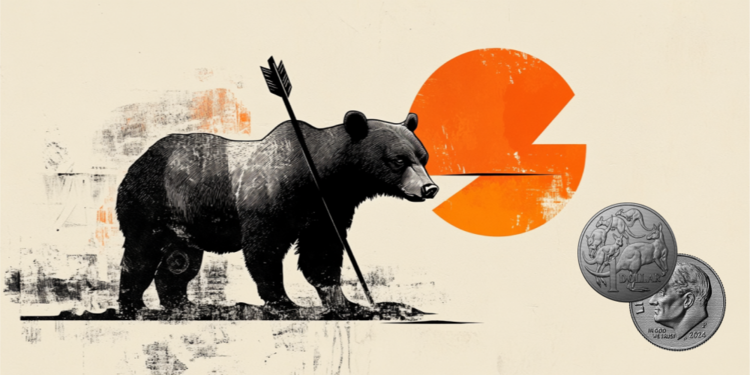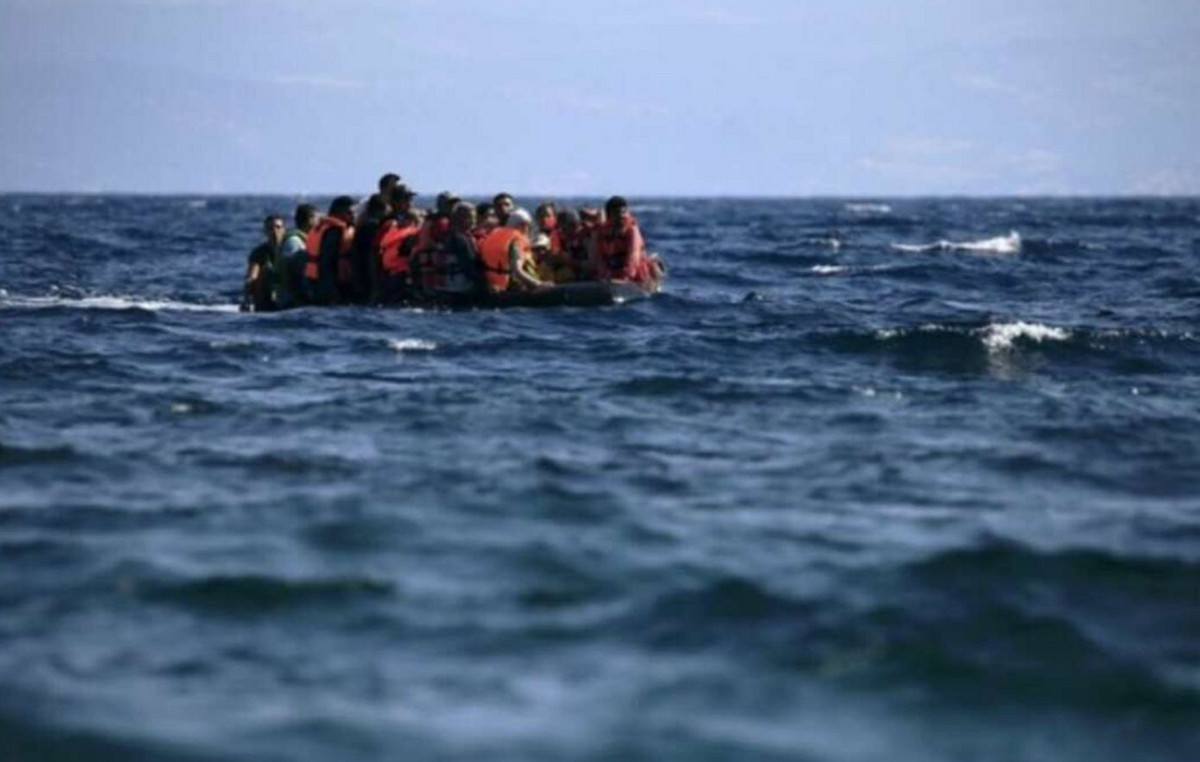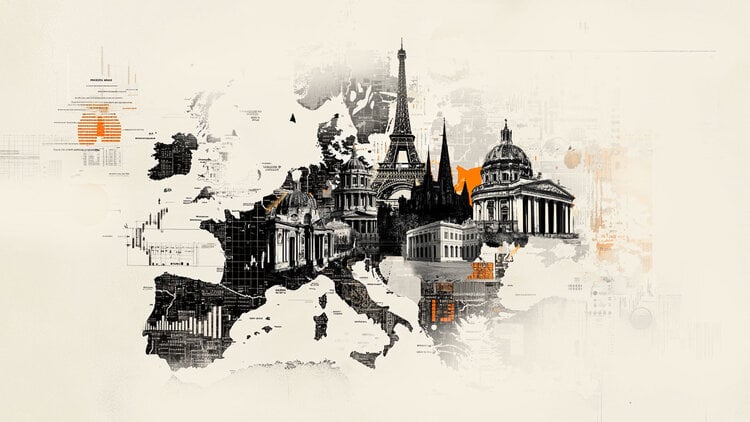Russia’s “partial mobilization” to continue the war in Ukraine got off to a chaotic start amid protests, mistakes and an exodus of citizens fleeing Russia, as the Kremlin tightens rules on evading military orders.
Some residents of the Sakha Republic, located in Russia’s Far East, were recruited “by mistake”, despite not being eligible for mobilization, as parents of underage children, according to a local leader.
“All those who were mobilized by mistake must be returned. This work has already begun,” said the head of the republic, Aisen Nikolaev, in a post on Telegram, after a meeting on the presidential decree of partial mobilization announced this week.
Two Russian lawmakers acknowledged the issues on Sunday, saying the mobilization must be carried out “in accordance with the law” and lamenting reports of “erroneous incidents of citizen mobilization”.
“Such extremes are absolutely unacceptable. And, in my opinion, the harsh reaction we are seeing in society is well deserved,” Valentina Matviyenko, president of the Council of the Russian Federation, said in a Telegram post.
In a direct speech to Russia’s regional governors, Matviyenko said they were “fully responsible for carrying out mobilization campaigns” in “full and absolute compliance with the announced criteria”.
Vyacheslav Volodin, chairman of the State Duma, Russia’s lower house of parliament, reinforced Matviyenko’s calls for diligence, adding: “If a mistake is made, it must be corrected.”
Families say goodbye and recruits board buses
Meanwhile, videos circulating on Russian social media seem to reveal the tensions, sadness and confusion that the recruitment – which began after last Wednesday’s announcement – has provoked, with scenes of families saying emotional goodbyes and others of recruits arguing about being summoned.
A video from Friday shows police officers and members of the National Guard engaged in brawls with a crowd as recruited men board a bus in the Omsk region of Russian Siberia.
Russian President Vladimir Putin has significantly upped the stakes of his attack on Ukraine for ordinary Russians, with the announcement of an immediate “partial mobilisation” in a bid to bolster his faltering invasion in the wake of Ukrainian advances.
The deployment would only affect Russians with previous military experience, according to Defense Minister Sergei Shoigu, who said 300,000 reservists would be called up.
However, the decree itself gives much broader terms, sowing fear among Russians of a project with different rules in the future.
Activist groups such as the Free Buryatia Foundation said ethnic minorities in Russia are being disproportionately mobilized.
THE CNN geolocated videos of some of these men being deployed in Russia’s Far Eastern regions.

Resistance “will grow”
The mobilization announcement triggered anti-war demonstrations across the country, which were quickly suppressed by the police.
At least 1,472 protesters have been detained in dozens of cities across Russia as of Saturday, according to independent protest monitoring group OVD-Info.
The mobilization has also triggered an exodus from Russia as men of military age flee the country rather than risk being conscripted, with video footage showing long lines of traffic at land borders to several neighboring countries and airfares and flights sold out. in the last days.
More than 8,500 Russians traveled to neighboring Finland by land on Saturday, according to Finnish Border Guard official Matti Pitkäniitty. The number represented a 62% increase from the previous Saturday, according to a post by Pitkäniitty. Nearly 4,200 Russians left Finland for Russia, he added.
The Vaalimaa border crossing in southeastern Finland was the busiest point for Russians entering the country, Pitkäniitty said, adding that the line of cars at 8 am local time was about 500 meters long.
Ksenia Thorstrom, a Russian municipal deputy from St Petersburg who left Russia, spoke to CNN and called the mobilization a “very unpopular decision”.
“I didn’t expect Putin to do that,” Thorstrom said, pointing to protests across the country and adding that “when the first shock passes, resistance will mount.”
Zelensky: “Mobilization for the graves”
Ukraine’s President Volodymyr Zelensky, during his evening speech on Saturday, called Russia’s partial mobilization “mobilization for the graves” and urged soldiers to surrender.
Soldiers who surrender will be “treated in a civilized manner,” Zelensky promised, saying that no one in Russia will know that their “surrender was voluntary” and that they “are afraid to return to Russia and don’t want an exchange.”
Ukraine “will find a way to ensure that too”.

Putin toughens laws, sets military up to 10 years in prison
Russia has moved to dissuade the military from avoiding conscription or disobeying orders with new laws.
Putin signed on Saturday (25) several amendments to the country’s Penal Code, toughening punishments related to military service during periods of mobilization, martial law or times of war, which are considered “aggravating factors in criminal conviction”, according to language published on the portal. Russian government legal
Under the new rules, Russians who drop out or fail to report for military service could face up to 10 years in prison.
“Federal law also introduces criminal liability for military personnel for voluntary surrender, as well as criminal liability for looting during martial law, in time of war, or under conditions of armed conflict or combat operations,” reads a Kremlin statement on the amendments.
Putin also signed a law that would make it easier for foreigners serving in the Russian military to apply for Russian citizenship, eliminating the need for such applicants to present a residence permit as previously required.
In a separate move, Russia’s Defense Ministry said on Saturday that it had replaced its deputy defense minister, appointing Colonel General Mikhail Mizintsev – an official Ukraine said led the siege of its eastern port city of Mariupol – to the charge.
*With information from Jorge Engels and Josh Pennington of CNN
Source: CNN Brasil
I’m James Harper, a highly experienced and accomplished news writer for World Stock Market. I have been writing in the Politics section of the website for over five years, providing readers with up-to-date and insightful information about current events in politics. My work is widely read and respected by many industry professionals as well as laymen.







